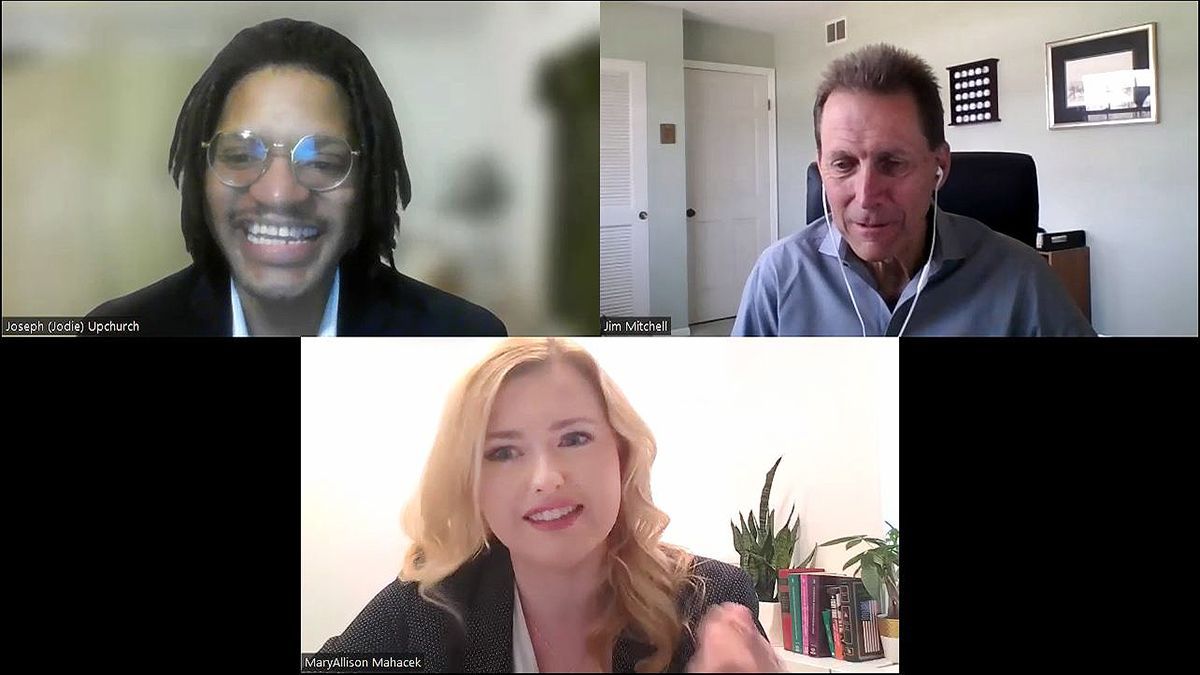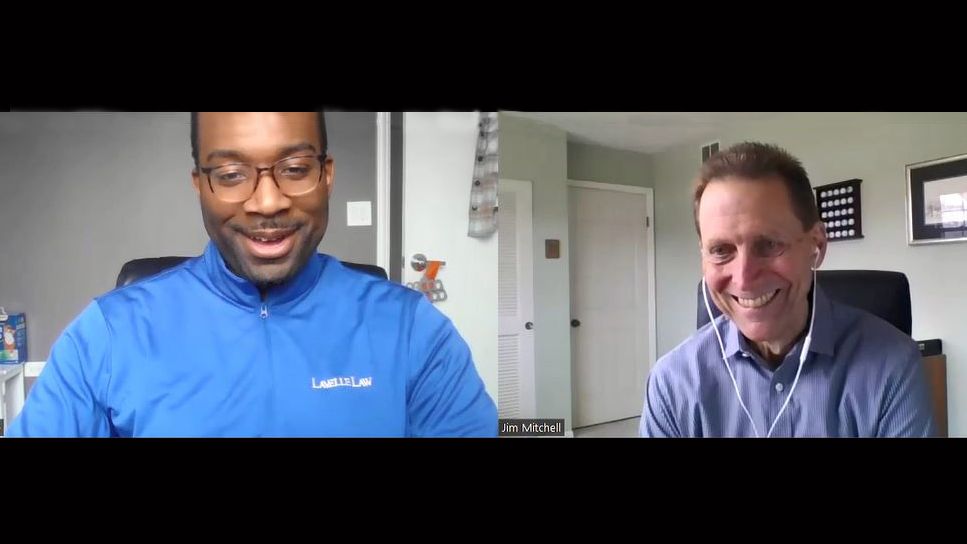Modern Families Against Not-So-Modern Inheritance Laws

Even under modern-day, Illinois inheritance laws, an illegitimate child—one born out of wedlock—cannot inherit through his or her biological father, nor the father from the child, unless the child has been “legitimized.” Not being able to inherit from or through one’s father means the illegitimate child is cut off from any inheritance from his or her paternal family, including a grandmother, grandfather, aunts, or uncles. Reversely, in the heavy-hearted event that an illegitimate child predeceases his or her father, the father cannot inherit from the child. Under the law, a child can be legitimized in one of two ways: (1) a court ruling regarding the child’s parentage; or (2) a voluntary acknowledgment signed by the father. A voluntary acknowledgment is a sworn statement signed by the father attesting that he is the father.
Though seemingly unfair to both fathers and the children, the distinction between legitimate and illegitimate children has overcome constitutional challenges. In In re Karas Estate, 61 Ill.2d 40, 54 (1975), an illegitimate daughter sought to open her father’s estate. Though she claimed the father acknowledged her as a daughter throughout his lifetime, because her parents never married, he signed no acknowledgment, and there was no court order, she was still considered illegitimate under the law. She claimed the distinction between legitimate and illegitimate children was discriminatory based on gender, as there was no similar requirement in order for her to inherit from her mother. The problem however, the Illinois Supreme Court said, was that a discrimination claim needed to be brought by the person who suffered the discrimination, and the law was not discriminatory against her, as the child, because it saw no difference between an illegitimate son and an illegitimate daughter. Ultimately, the Court held she was not entitled to open her father’s estate or inherit therefrom – even though she would have been her father’s sole heir as he had no spouse, other children, or siblings.
The distinction has even been upheld by the Illinois Supreme Court as recently in 2004 in People ex. rel Department of Public Aid v. Smith, 212 Ill.2d 389, 404 (2004), and recodified by the Illinois legislature in 2015. In Smith, the Court considered reversing the legitimization of a child when the father petitioned to have his voluntary acknowledgment rescinded. The Court held that when a child is legitimized through a voluntary acknowledgment, a conclusive presumption as to fatherhood arises, whereas when the parents later marry only a rebuttable presumption as to fatherhood arises. Rebuttable presumptions can be overcome by clear and convincing evidence, while conclusive presumptions cannot. Accordingly, the father was not entitled to rescind his voluntary acknowledgment of fatherhood.
More so, under the Illinois Parentage Act of 2015, a person is presumed to be a child’s parent if the person and the mother are married at the time of the child’s birth. 750 ILCS § 46/204(a)(1). Like the Court addressed in Smith, this rebuttable marriage presumption will exist throughout the child’s lifetime and will allow the child to inherit from such person until and unless the presumption is rebutted by clear and convincing evidence before the court. Such evidence may include things like infertility, separate residences, or extramarital affairs.
While Illinois inheritance laws are slowly progressing, they certainly are not caught up to our modern family dynamics. While we think our family may include some obvious individuals, the concept is not so obvious to the law. If you are concerned about any inheritance issues you or your family may face, or if you would like more information about this topic, or any other estate issue, contact attorney Meghan R. Hartnett at mhartnett@lavellelaw.com or 847-705-7555.
More News & Resources
Lavelle Law News and Events









STAY UP TO DATE
Subscribe to our newsletter
Lavelle Law, Ltd. | All Rights Reserved |
Created by Olive + Ash.
Managed by Olive Street Design.



